The study, conducted by a team of researchers at the University of Tokyo, found that the washing machine's time-traveling capabilities are not a result of any deliberate design or intention, but rather an unintended consequence of its development. "We were surprised to find that the washing machine's advanced algorithms and sensors, which were originally designed to optimize laundry cycles, had inadvertently created a wormhole that allowed for time travel," said Dr. Maria Rodriguez, lead author of the study.
The researchers believe that the washing machine's time-traveling capabilities are a result of the convergence of several technological advancements, including artificial intelligence, nanotechnology, and quantum computing. "The washing machine's ability to manipulate time is a direct result of the societal advancements that have enabled the development of these technologies," said Dr. John Lee, a co-author of the study.
The discovery has significant implications for our understanding of time and space, and has sparked a renewed interest in the study of time travel. "This is a game-changer for the field of physics," said Dr. Brian Greene, a renowned physicist and string theorist. "The washing machine's time-traveling capabilities challenge our current understanding of the universe and raise new questions about the nature of time and space."
The news has also sparked a mix of excitement and skepticism among the general public, with some people hailing the discovery as a major breakthrough and others expressing concerns about the potential risks and consequences of time travel. "I'm not sure I believe it," said Jane Doe, a resident of Tokyo. "But if it's true, it's amazing. I mean, who wouldn't want to travel through time?"
As the scientific community continues to study and understand the washing machine's time-traveling capabilities, the implications of this discovery are far-reaching and profound. The study's authors are now working on a follow-up project to explore the potential applications of this technology, including its use in medicine, transportation, and energy production.
In the meantime, the University of Tokyo has announced plans to establish a new research center dedicated to the study of time travel and its applications. "This is a historic moment for science and humanity," said Dr. Rodriguez. "We are excited to explore the possibilities of time travel and to push the boundaries of what is thought to be possible."








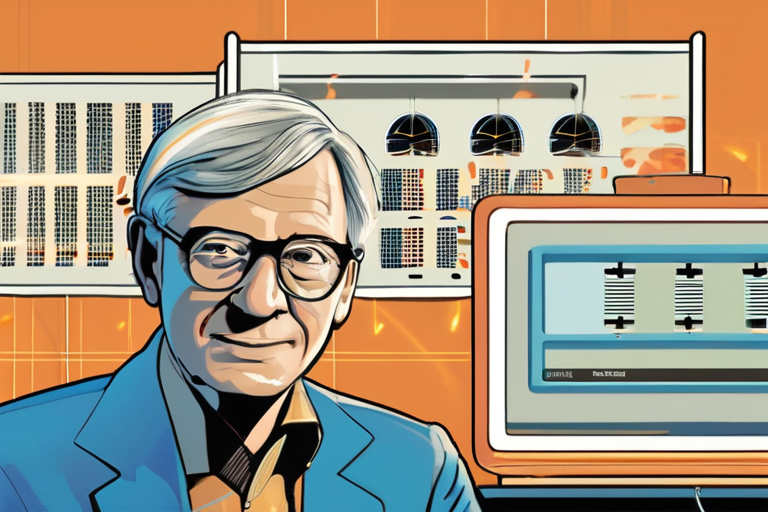
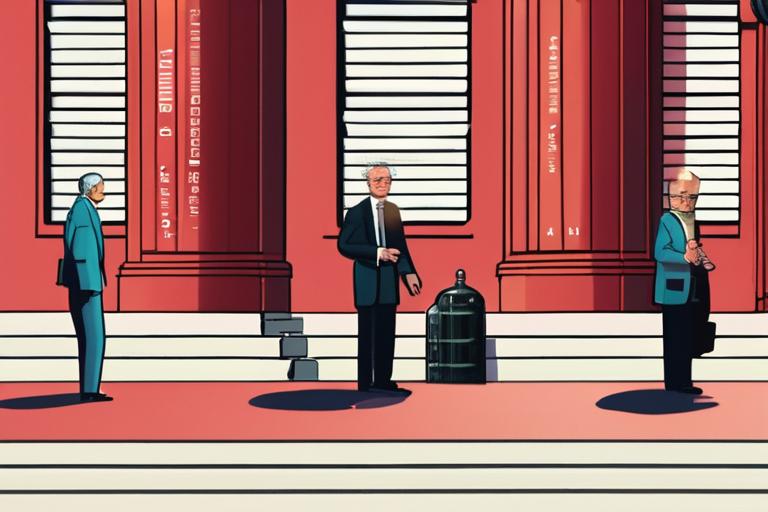


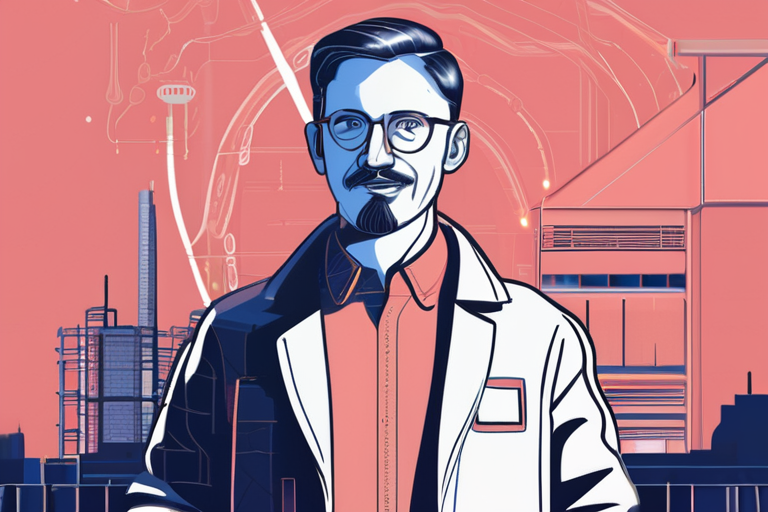

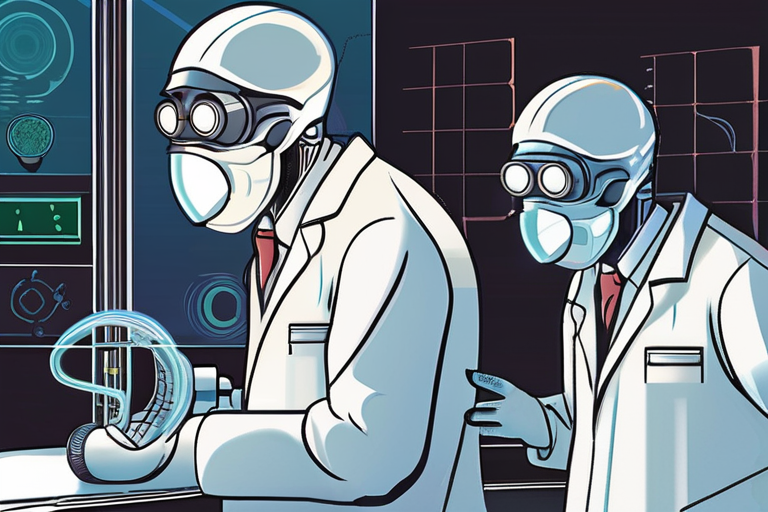
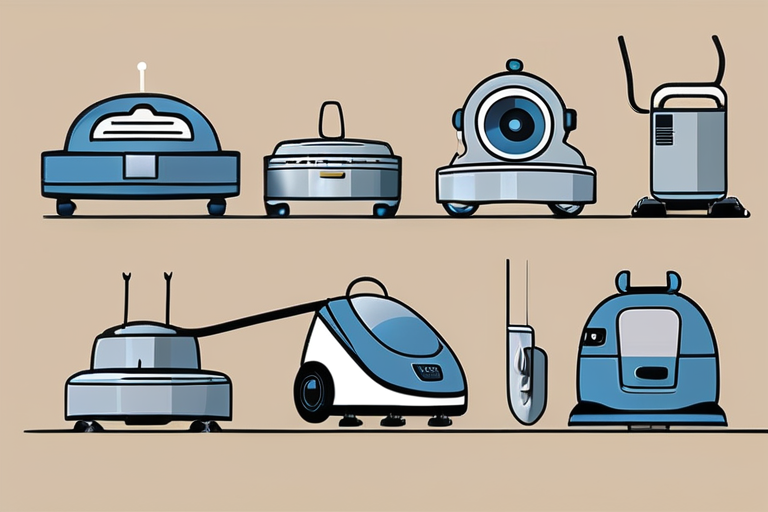

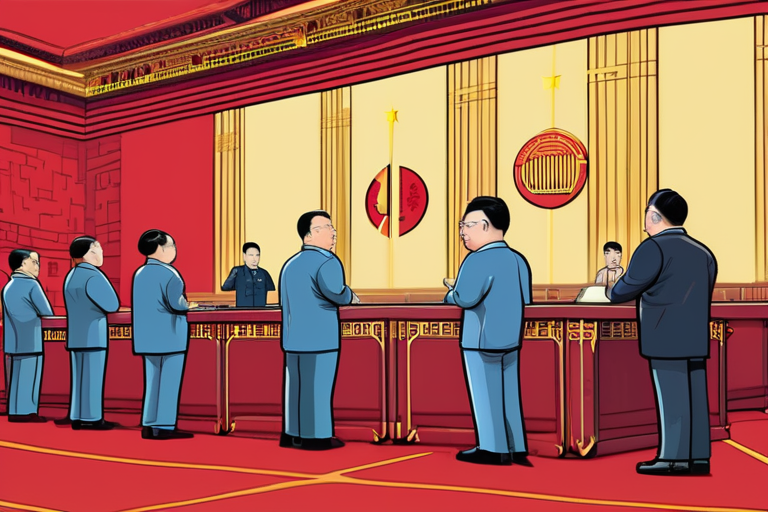



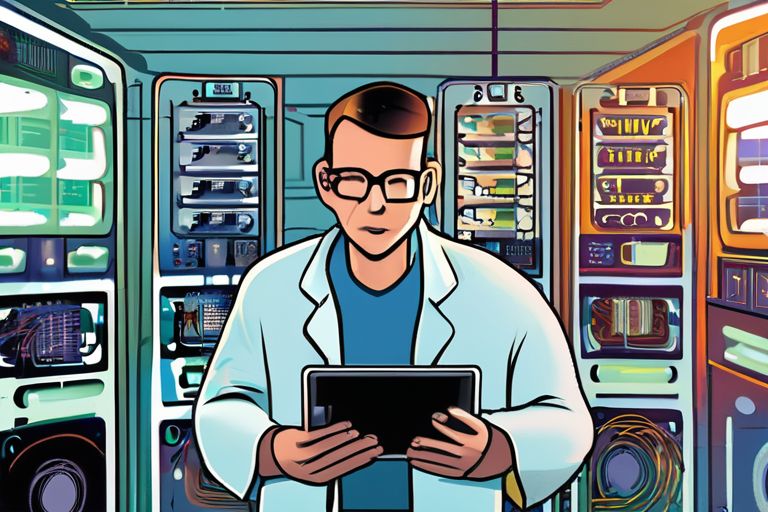




Share & Engage Share
Share this article